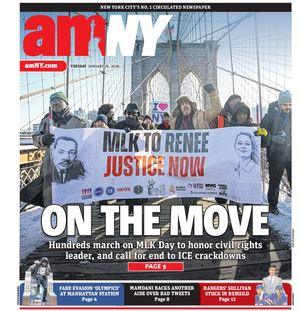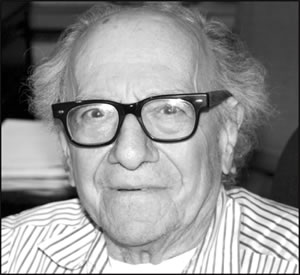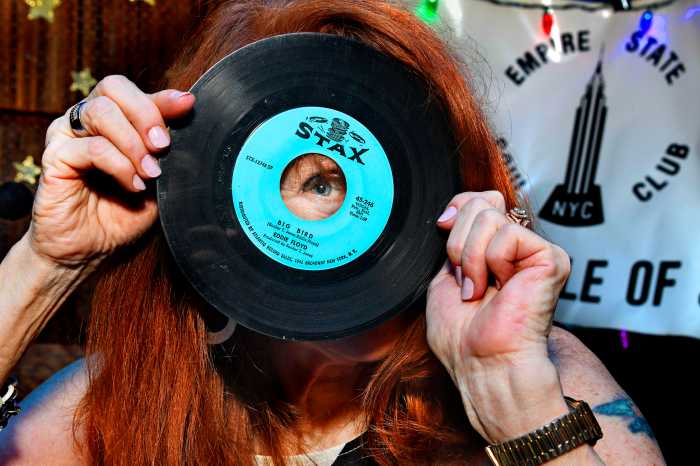What it did not represent, to Ed, to Dan Wolf, to Norman Mailer and most certainly not to me, was the Village into which, coming out of World War II, we had moved, and our reason for moving into it — the Village with Eugene O’Neill, Edna St. Vincent Millay, the old artists, the new artists, Maxwell Bodenheim, Joe Gould and all that.
“I even took an ad out in The Villager,” says Fancher, a rugged, red-bearded (now snowy-white-bearded) psychologist who had served in the 10th Mountain Division under a sergeant named Fred Fleck. When they met again at the New School after the war, they started a moving business in Fred Fleck’s pickup truck, and their ad in The Villager promising “Cheap Packing.”
Soon after the start of The Voice, The Villager acquired a new editor named William H. Honan — a tall, gangly, likable young man who had come over from The New Yorker and would one day go over to The New York Times. There might have seemed a certain softness in him — so it appeared to me — until the moment the distributors’ union, threatening to strike The Village Voice, sent a couple of gentlemen — “like out of ‘The Sopranos,’ ” says Ed — over to have words with publisher Fancher. Shortly after, my phone rang. It was Bill Honan at The Villager.
“I just wanted you to know that if you have any trouble you can use our trucks,” he said, in what always seemed to me to be an extraordinary act of generosity.
In 1992, under new ownership, The Villager fell on hard times and the paper stopped publishing for half a year, but was then bought by the husband-and-wife team of Tom and Elizabeth Butson. Tom had retired after many years as an assistant news editor at The New York Times. His wife, Elizabeth, was a vice president at Philip Morris.
Once again, one day my telephone rang. It was Tom Butson, asking me to come down and talk with him about writing for The Villager.
“I can’t pay you much,” he said, “but I’ll print you.”
He ran the paper most gallantly, until 1999, despite a draining series of chemo treatments.
Right before Tom died in 2000, he and Elizabeth sold the paper to John W. Sutter, who runs it to this day. Ed Fancher hasn’t read The Village Voice in years, nor have I.
“But I never miss an issue of The Villager,” says the founding publisher of The Village Voice.
A founding editor of The Village Voice, creator of the Obie (Off-Broadway) awards and longtime New York Post writer and theater critic, Tallmer is a Villager arts and theater feature writer and managing editor of Thrive NYC, a Community Media monthly magazine.








































